From Kohunlich our bus headed west to a small Maya town Chicanna. It was built during the Classic period 600 A.D. to 830 A.D. The site was named after it's most famous building, Structure II, which means "House of the Serpent Mouth" in Mayan. In the Mayan language "chi" means mouth, "can" means serpent and "na" means house.
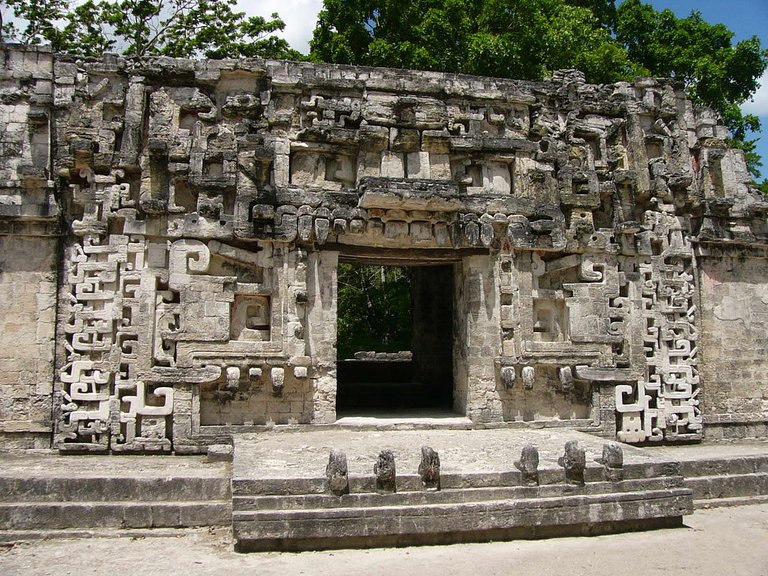
The site of Chiccana is mostly known for one of its well-preserved doorways with interesting details.
Chicanna is one of the most interesting examples in Yucatan of the mixing of architectural styles with it's stunning detailed buildings. Buildings have features of the Río Bec, Chenes and even the Puuc style from the north. The pyramids aren't large but relatively small buildings with an ornaments and decorations that suggests that it was a center for the region's most elite.
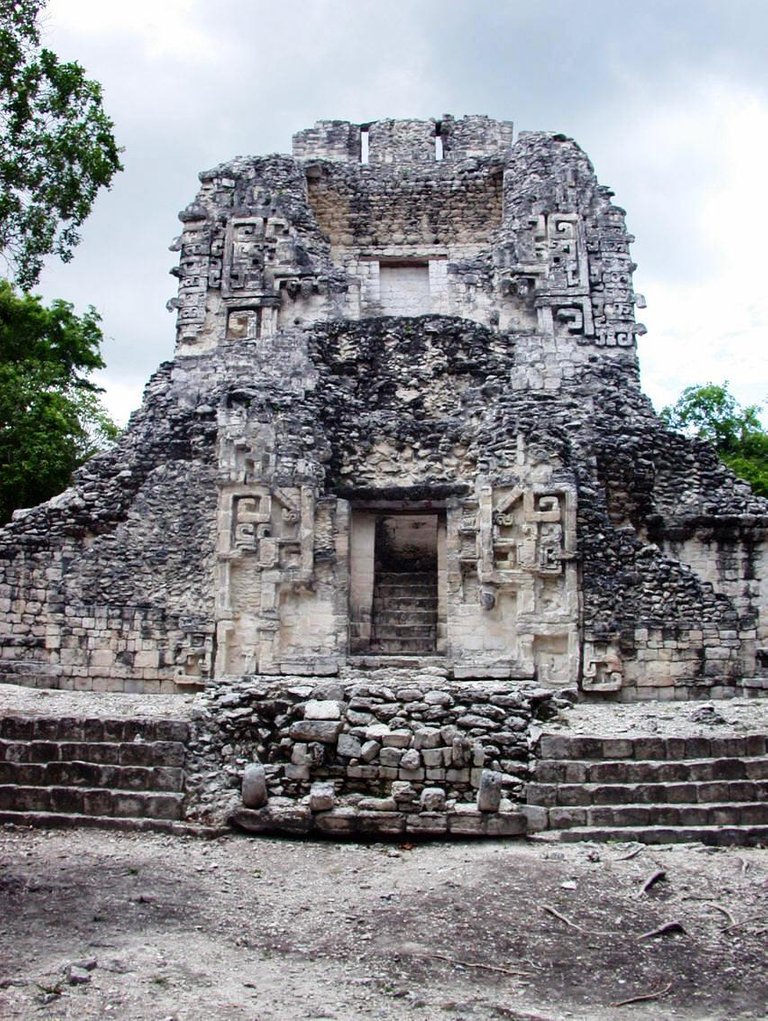
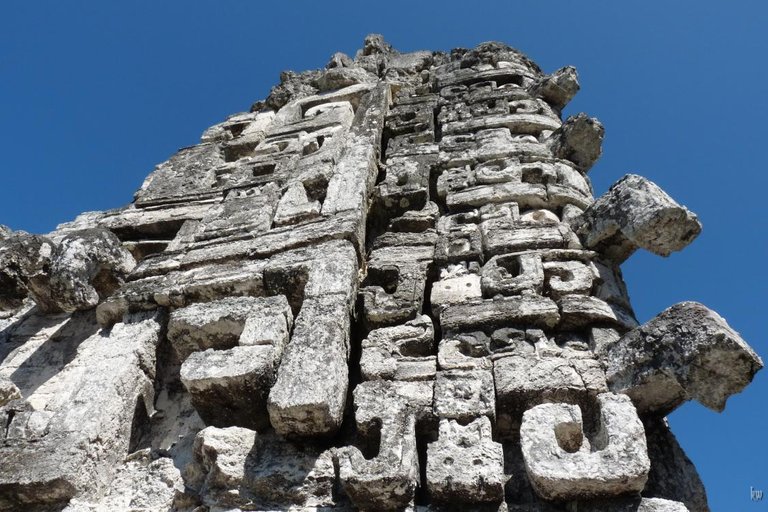
The same day we visited another archeological stand in Campeche state - Calakmul. It lays deep in the jungle and is concered as a largest and most powerfull ancient city in Mayan lowlands.
The pyramids in this city are very large and high, an interesting fact is, that they were discovered from air by biologist Cyrus L. Lundell of the Mexican Exploitation Chicle Company on December 29, 1931
The largest temple in the Mayan world is a pyramid now known as Structure II. It's base measures 120 metres square and it stands over 45 metres high. In common with many temple pyramids in the Mesoamerican cultural region, the pyramid at Calakmul increased in size by building upon the pre-existing temple in order to increase its bulk. Tourist can climb on top of it, but I must tell you, it was very tiresome ;)
Very interesting also was Structure IV, where according to the information on a plate, one of the city ruler was buried.
And that's all for today, the next part tomorrow. Please follow me and upvote if you like it ;)
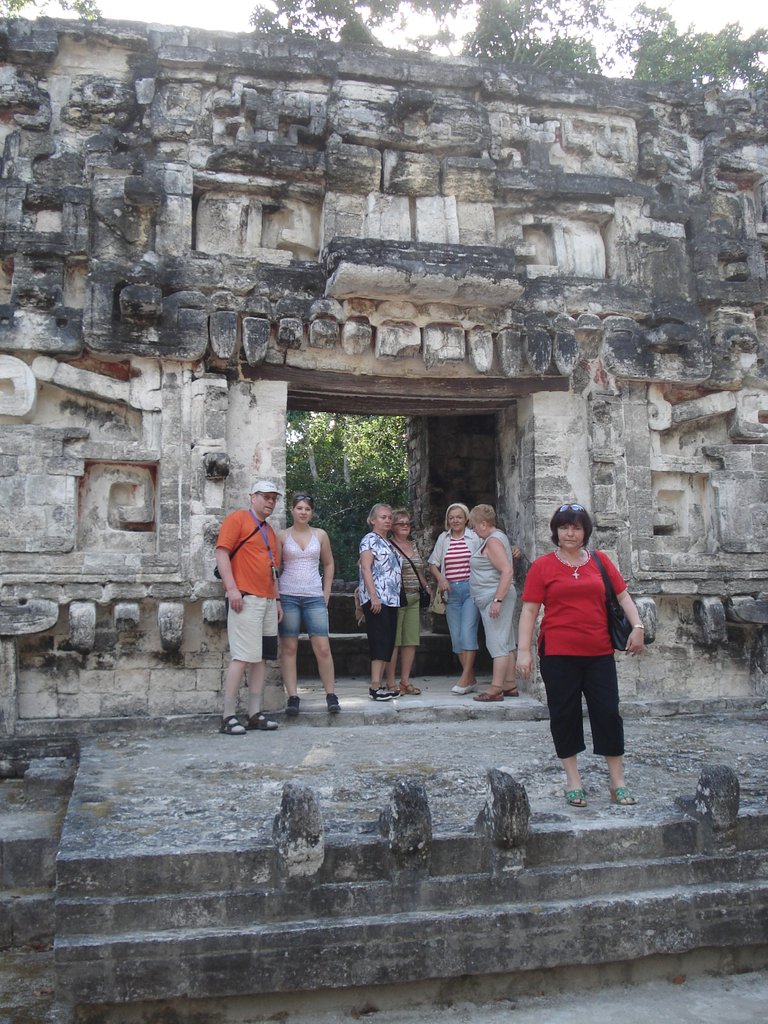
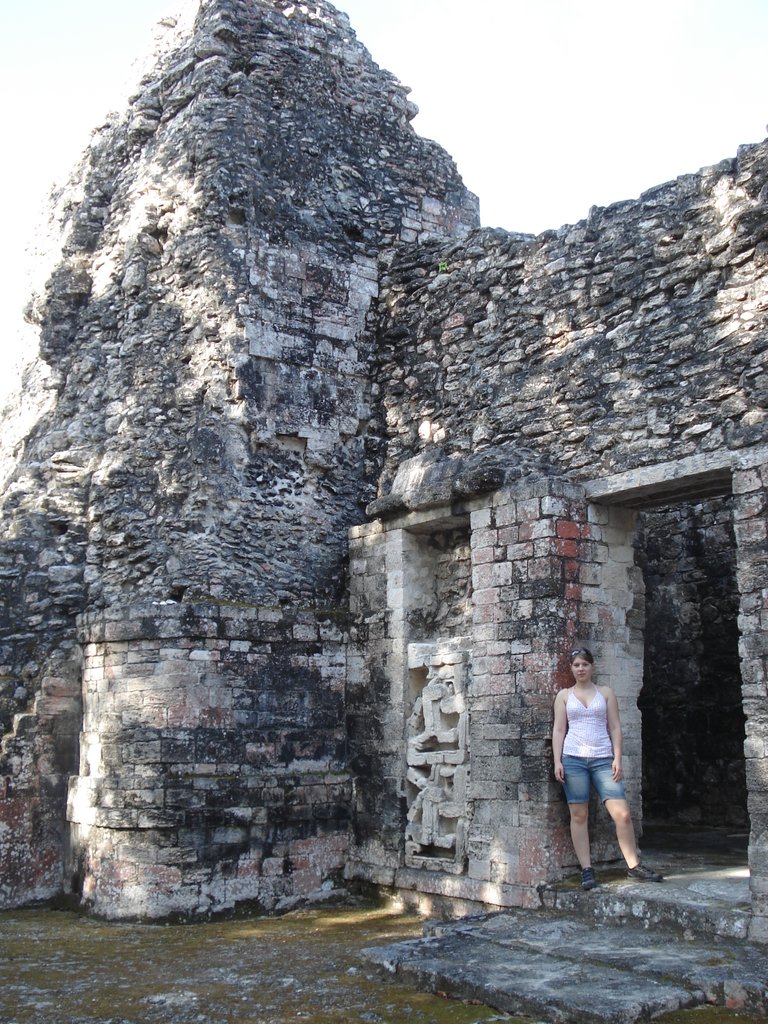
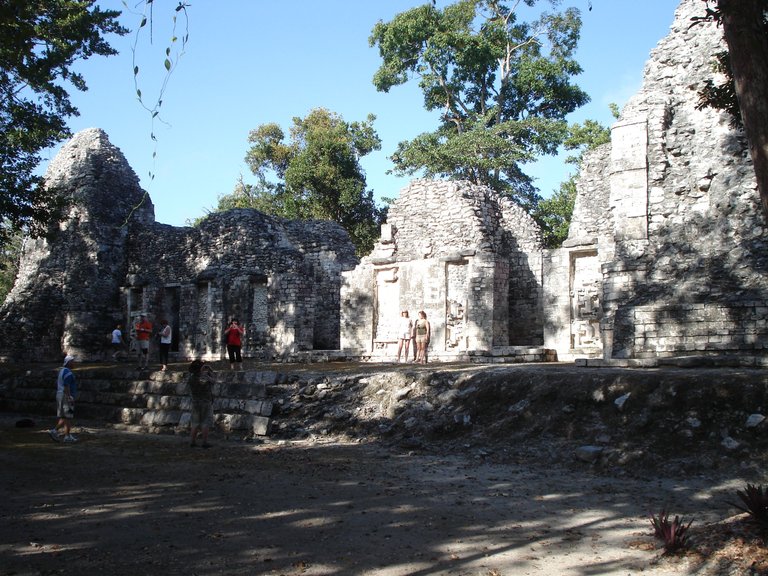

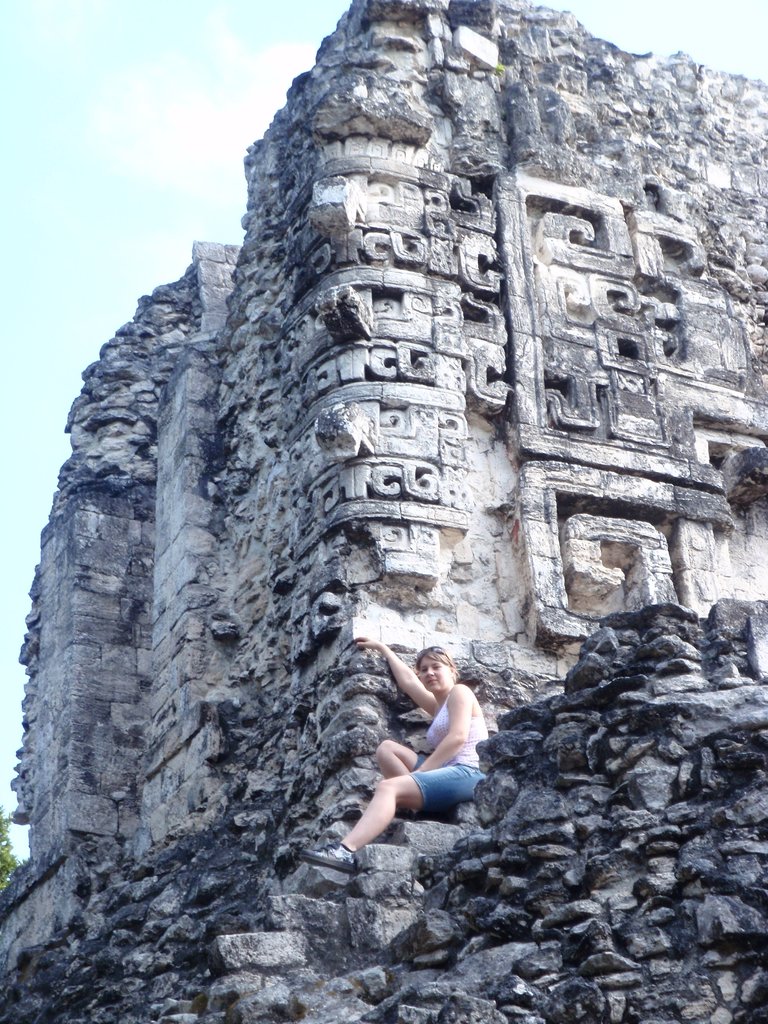
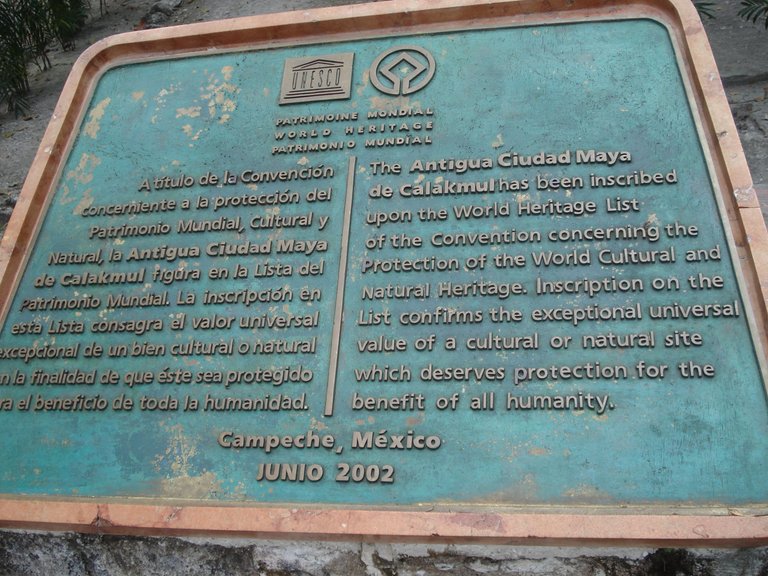
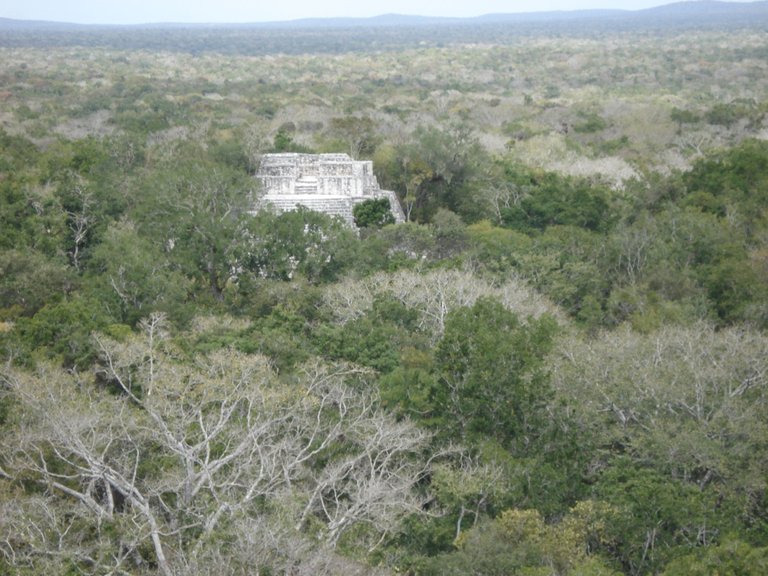
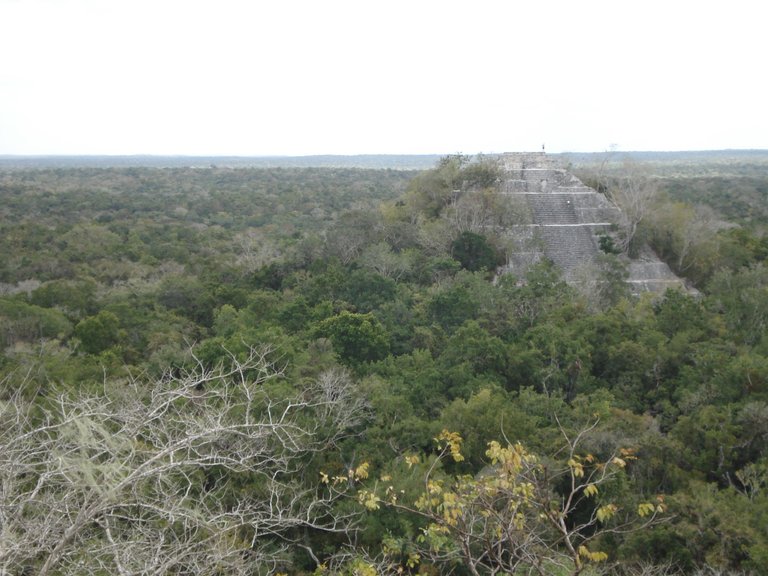
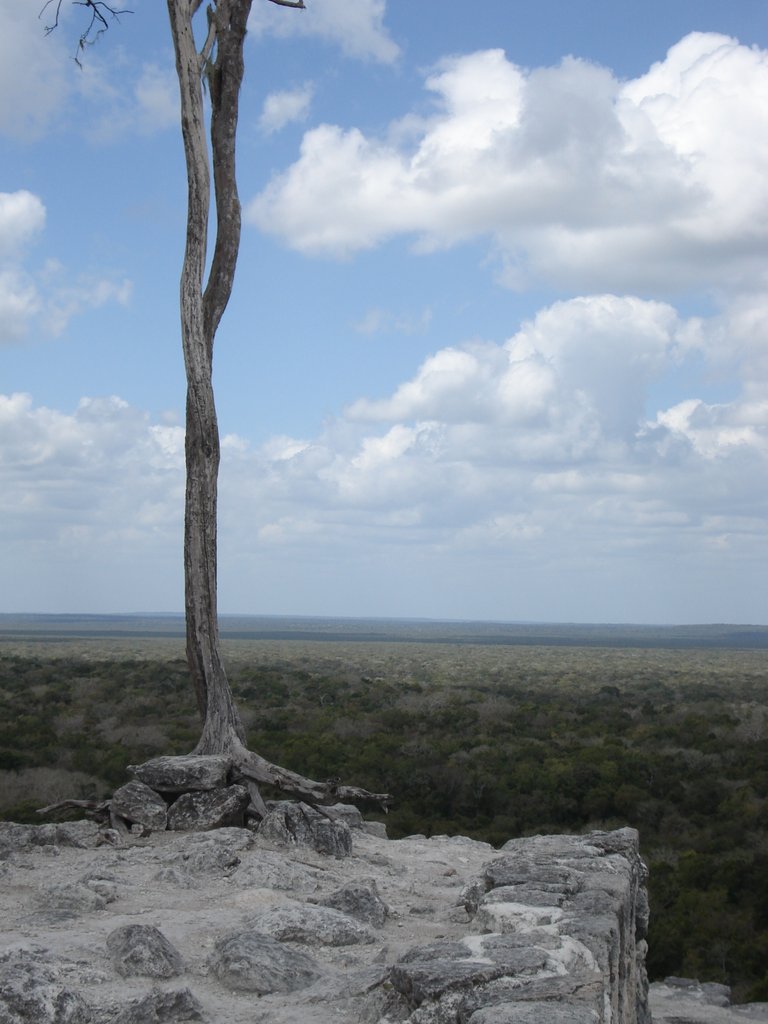
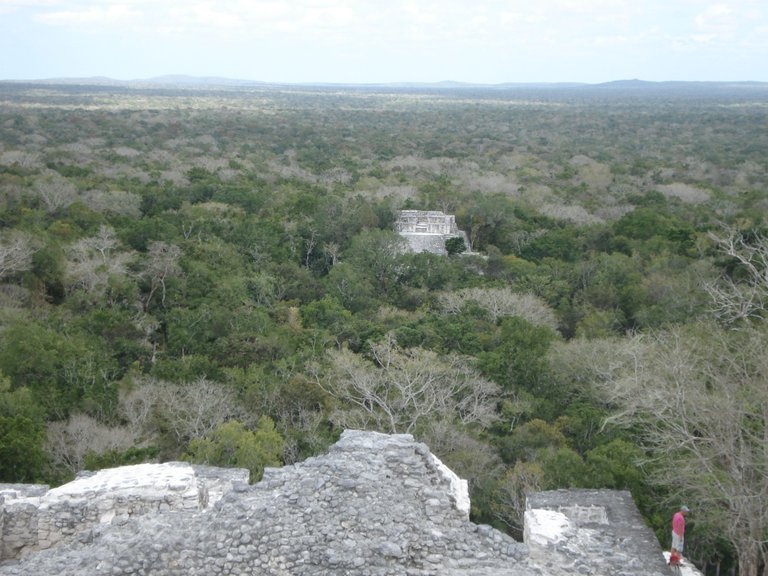
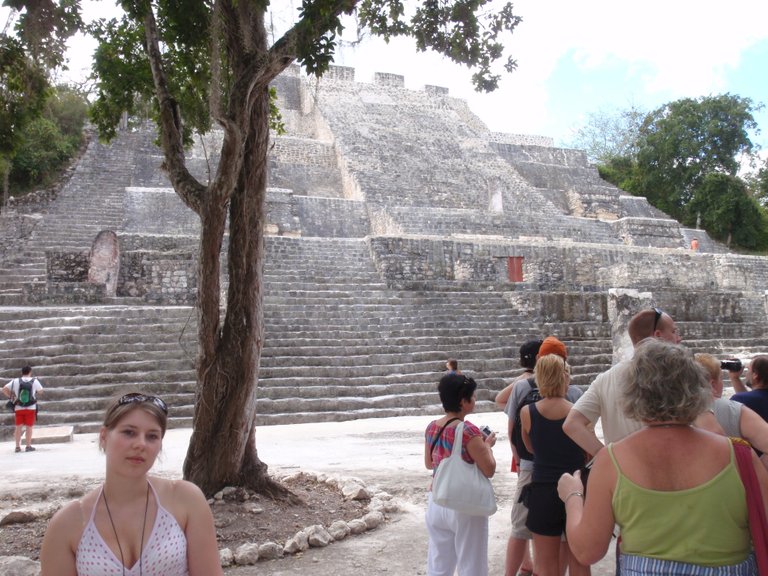
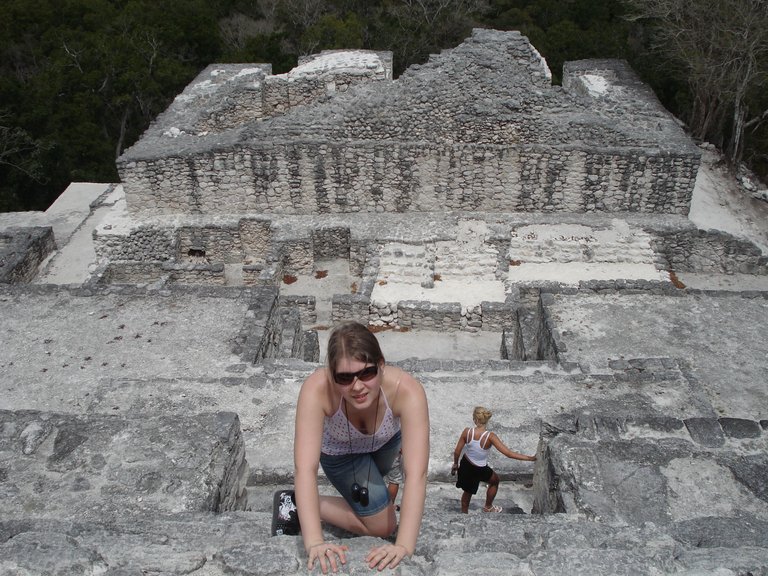
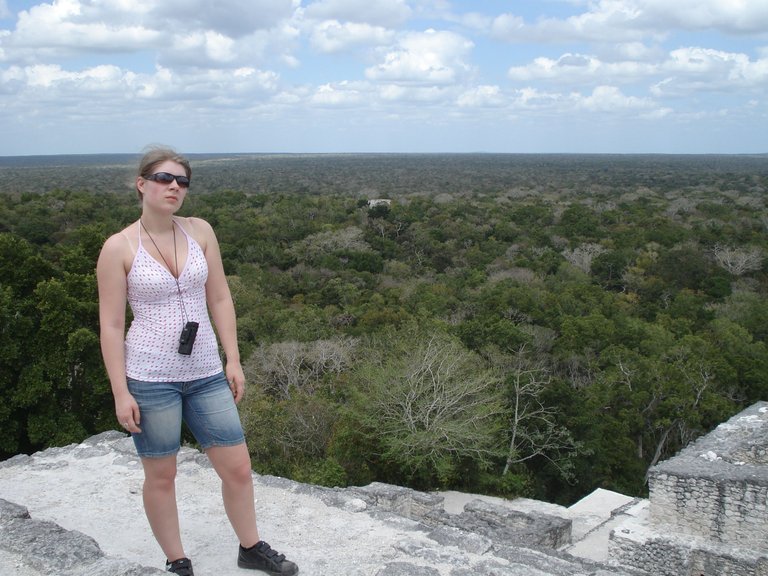

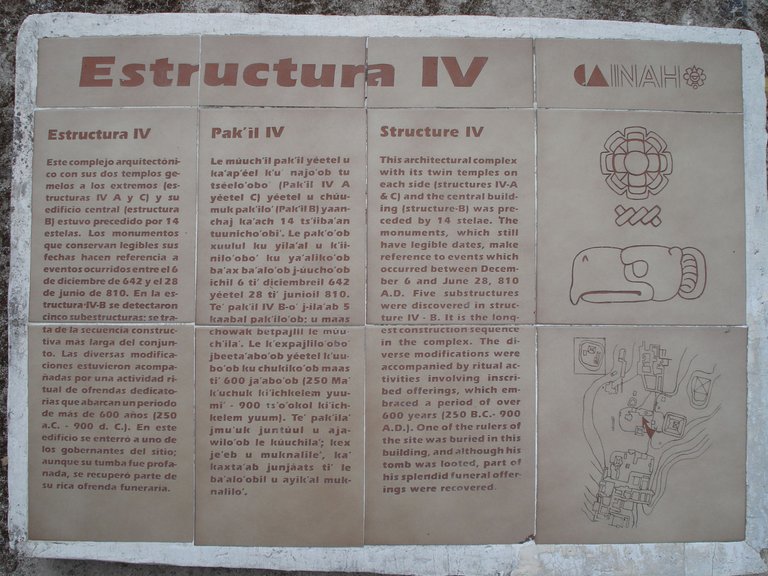
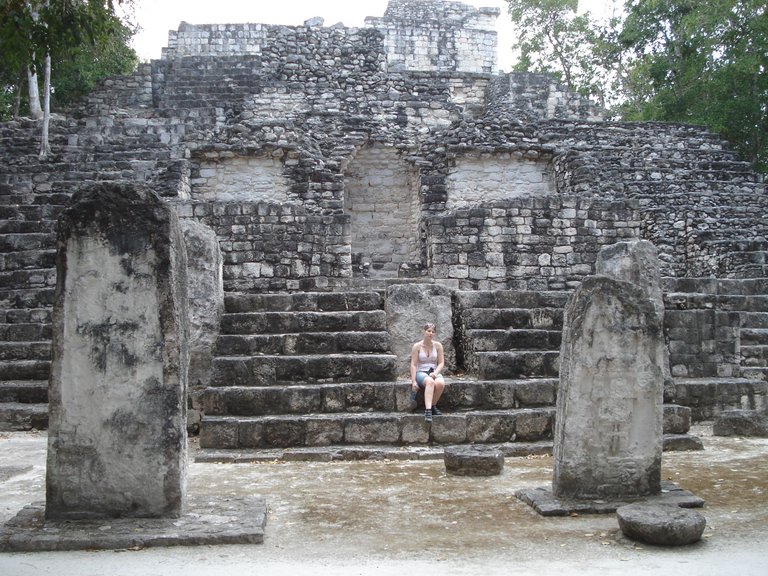
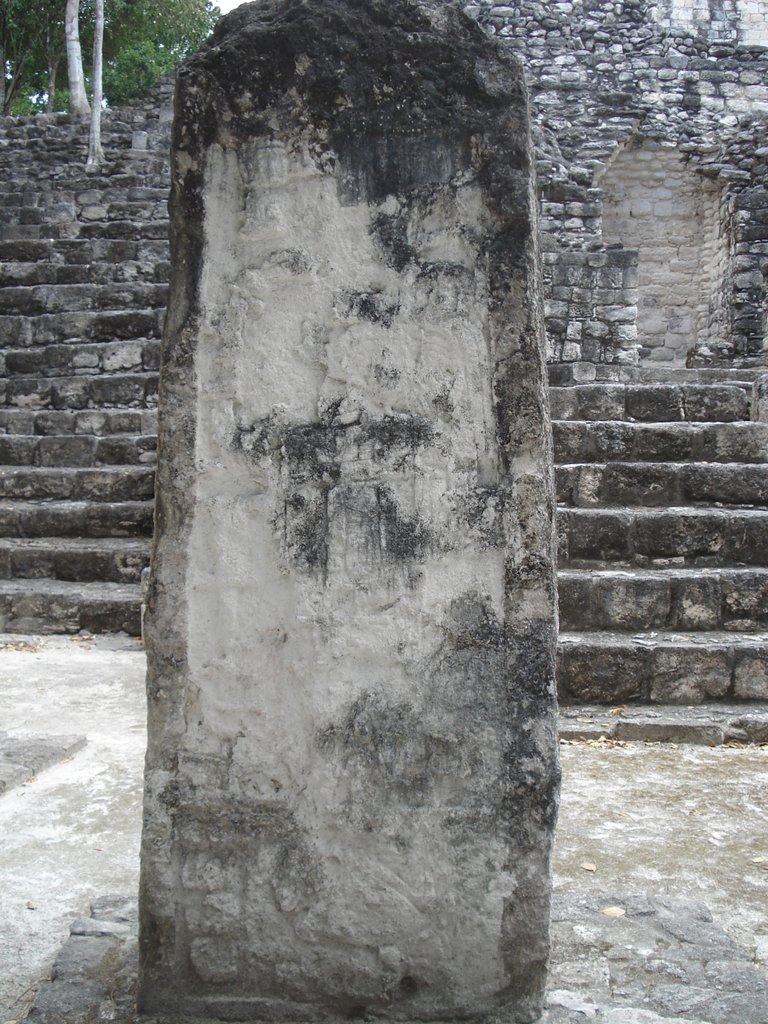
can't w8 for the next part ! The Mayan temple is one which i must visit in the future
Thank you, I will of course write more ;)
@sava great post!
Thanks!
@sava very nice post dear upvoted
Thank you very much ;)